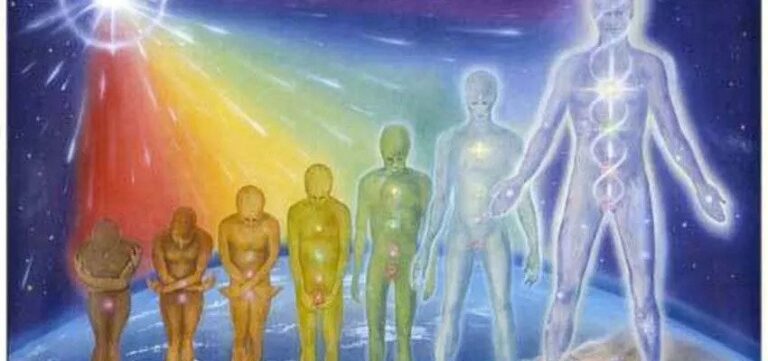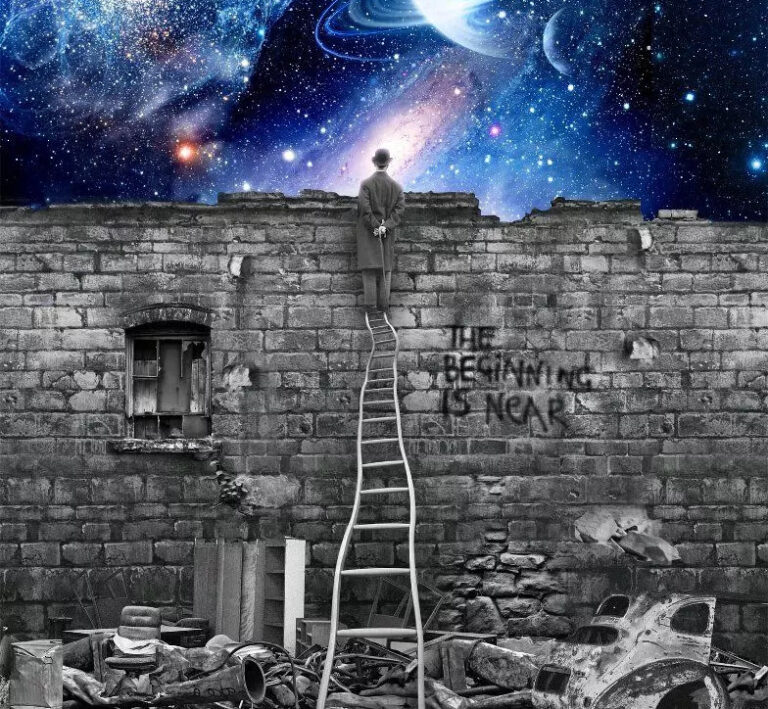Religious. Agnostic. Skinny. Healthy. Holy. Good. Ugly. Right. Wrong. We are all of these assumptions and much more in the mirror of the world. Trying to adapt to the reflection of our perfection, suppressing our true identities, we wear a mask best suited for the occasion, a mask of ego that would help us fit in with the rest in the world of shallowness.
What we really miss out on while we are busy adjusting, is the emotion we were taught as a child – LOVE. Trying to find love outside and pacifying the ardent desire ‘to be loved’, we overlook the place where it truly resides – within us.
Greek mythology, Buddhism, Hinduism and many other religions and cults, emphasis on the profuse power of self-love and self-compassion. This fundamental form of love often goes missed and, if tapped, is declared to be wrapped in the mask of narcissism.
But the urgent need to focus on self-love, a symbol of self trust, is ignored. People are scared to believe in themselves & are rather happier to live a life of self-contempt because self-trust is too expensive to afford.
And who is to be blamed in the mad frenzy of the best? The society or ourselves? This perplexing question can have subjective answers. Greeks mythology, as we know, holds gods and goddess on a dewy rope of faith for every emotion.
From Eros, the Greek god of love and sexual desire, to Aphrodite, the goddess of love, passion & desire. There is a term for self-love in Greek mythology too, Philautia.
The idea of Philautia is not to love ourselves under the purview of narcissism, but to identify the healthier and spiritual side of self-love.
The concept is based on the idea that if we are secure inside and the power of self-love is cultivated & nurtured, the desire of approval from the outside cease to exist. Also, one who has experienced love internally will love others as well.
This form of self-love is prescribed in Buddhism as self-compassion and also laid down by Hinduism, that speaks about love for others being just an illusion & not reality. The real love lies ‘inside’ and the pure love is, love for the Divine.
Ways to self-love
What is the cost of practising the sacred art of self-love? You will have to wager your negative thoughts, the perception of others you see yourself with and the self-critical, over-analytical mind that puts you down.
1) Self-realization or self-worth is an important step
When we realize that we have a role to play in the giant scheme of the universe and without which, things might not function, a positive approach to self starts to harbor.
2) Putting yourself first
Often in our daily routine, we neglect ourselves by putting our loved ones before us. When we do so, we are suppressing our own needs.
According to the Patanjali Yoga Sutras, when we suppress our desires, it crops up in the form of a disease either physically or mentally. Consider yourself as an integral part of the universe and next time think before you choose someone else above yourself.
3) Stop the comparison game
Acknowledging that we all are born to be essentially different, stop comparing yourself with your family, friends or even foes. This comparison is the worst thing one can do. When we compare, not only do we criticize ourselves, we also question our self-worth.
4) Working on the spiritual aspect
The mindful practice of yoga and meditation, if done regularly, can reap extended benefits. When we work on our subconscious mind by way of meditation, we harness the power of oneness with the supreme energy. Gaining strength internally will ground you and balance out the insecurities hiding in our mind.
Guided Meditation
A short guided meditation that can be practised at home for 5 minutes or more is as follows:
Lie down in Savasana (corpse pose) or sit in Sukhasana. Bring your awareness to your breath.
First, focus your attention on how the breath is flowing. Start from the nostrils, move down to the windpipe, further down to the lungs, to diaphragm and finally to abdomen. Slowly become aware of the breath flowing all the way out, do this 8-10 times. You can also place your hands in abdominal breathing position.
Gently bring your awareness now to the third eye and breathe in through the third eye area all the way back to the head and out. Now, keep breathing in and out in the eyebrow centre as you slowly drift away into a deeper level of consciousness.
Moving ahead, we shall make some resolves or some affirmations to ourselves. Remember that your subconscious mind is 6,000 times stronger than your conscious mind. Say the following to yourself loud and clear:
I love myself unconditionally & believe in myself.
I am not comparing myself to anybody.
I am an integral part of the universe.
I forgive myself for all wrong done by me and I accept myself for who I am.
I respect myself and I am proud of who I am.
I am a worthy of receiving happiness, joy, love and peace.
Repeat any 2 or 3 affirmations as your mind tells you to. Stay here for as long as you want, repeating and chanting these resolves. Remember, that a resolve or affirmation must be chanted in an accomplished form.
For example: If you want to think positively. Say it like this: I am thinking with a positive mind, and not like this: I will think with a positive mind.
In the words of William Shakespeare: “Self-love, my liege, is not so vile a sin, as self-neglecting.”
Tap into the power and joy of self-love and notice your inner and outer world transforming.

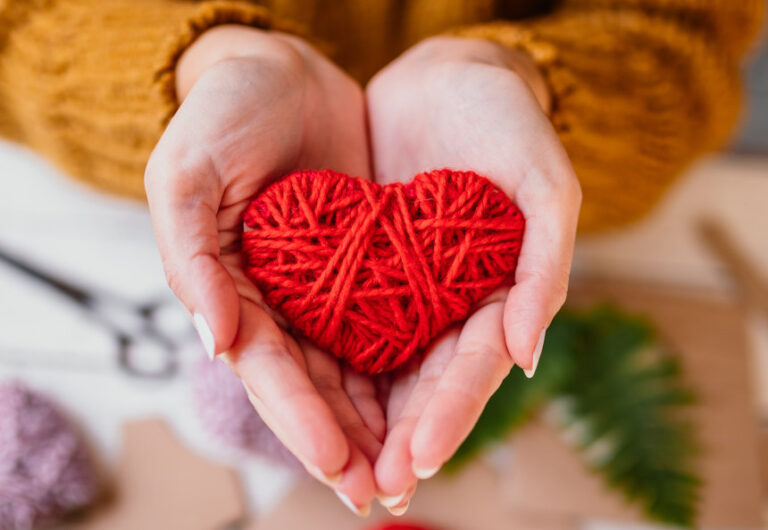





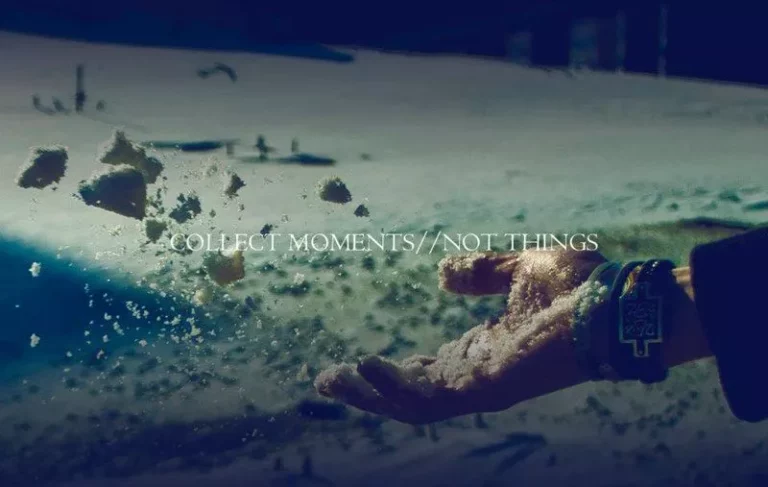
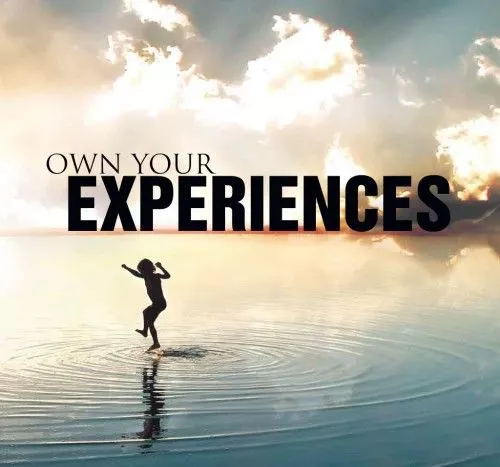

 Many studies
Many studies
